Department Chair
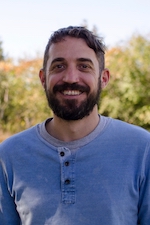 | Aaron ShaferAssociate Professor/Department Chair Lab website: http://www.aaronshafer.ca I am interested in applying genomic methods to conservation, wildlife management, and policy issues. My research interests involve using molecular tools to understand the drivers of important processes like migration and adaptation in nature. I study big and small mammals (sea lions and mountain goats to shrews and voles), and use computer simulations and experiments to explore the applicability of different genomic analyses to forensics. Please visit my website more information. |
Department Faculty
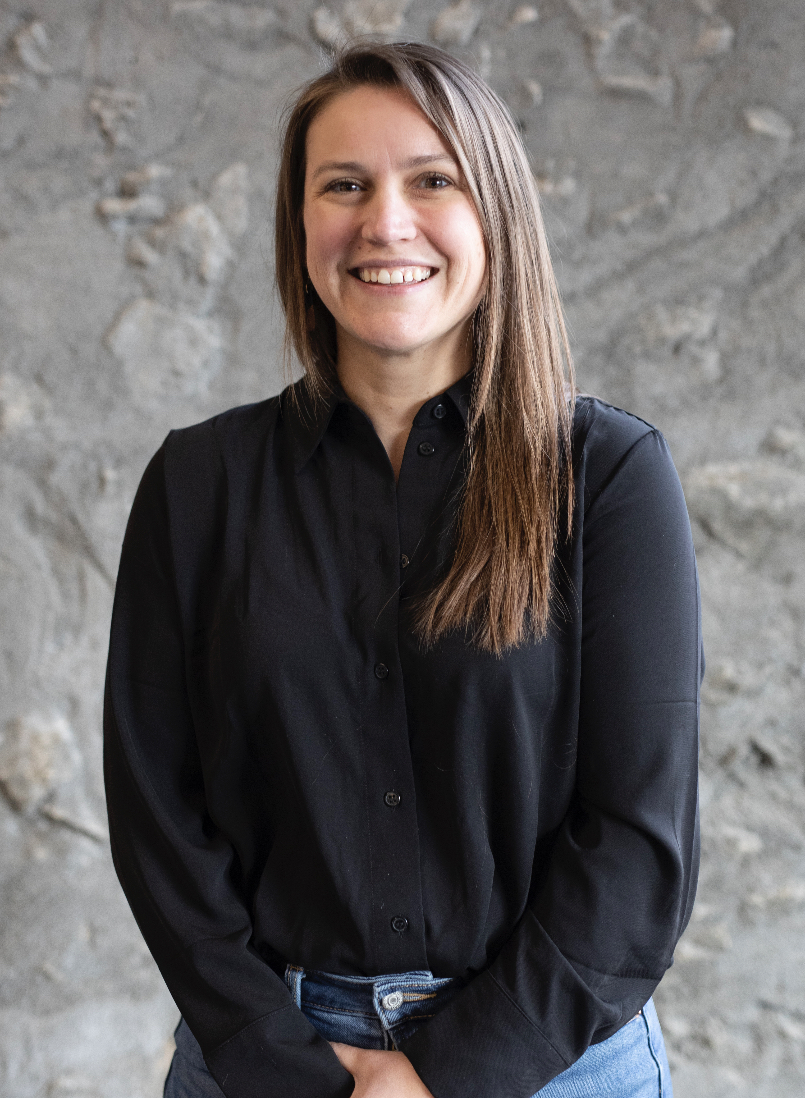 | Mary-Claire BuellAssistant Professor(cross-appointed with The School of the Environment) Dr. Mary-Claire Buell’s research interests include investigating the source, fate, transport, and impacts of legacy and contemporary contaminants. Her research also includes examining the connections between contaminants and environmental justice through transdisciplinary approaches bringing together environmental toxicology, chemistry, and community knowledges. Dr. Buell is the founder and CEO of Collective Environmental, a consulting and research firm focused on collaborative approaches to investigating environmental issues impacting Indigenous communities. |
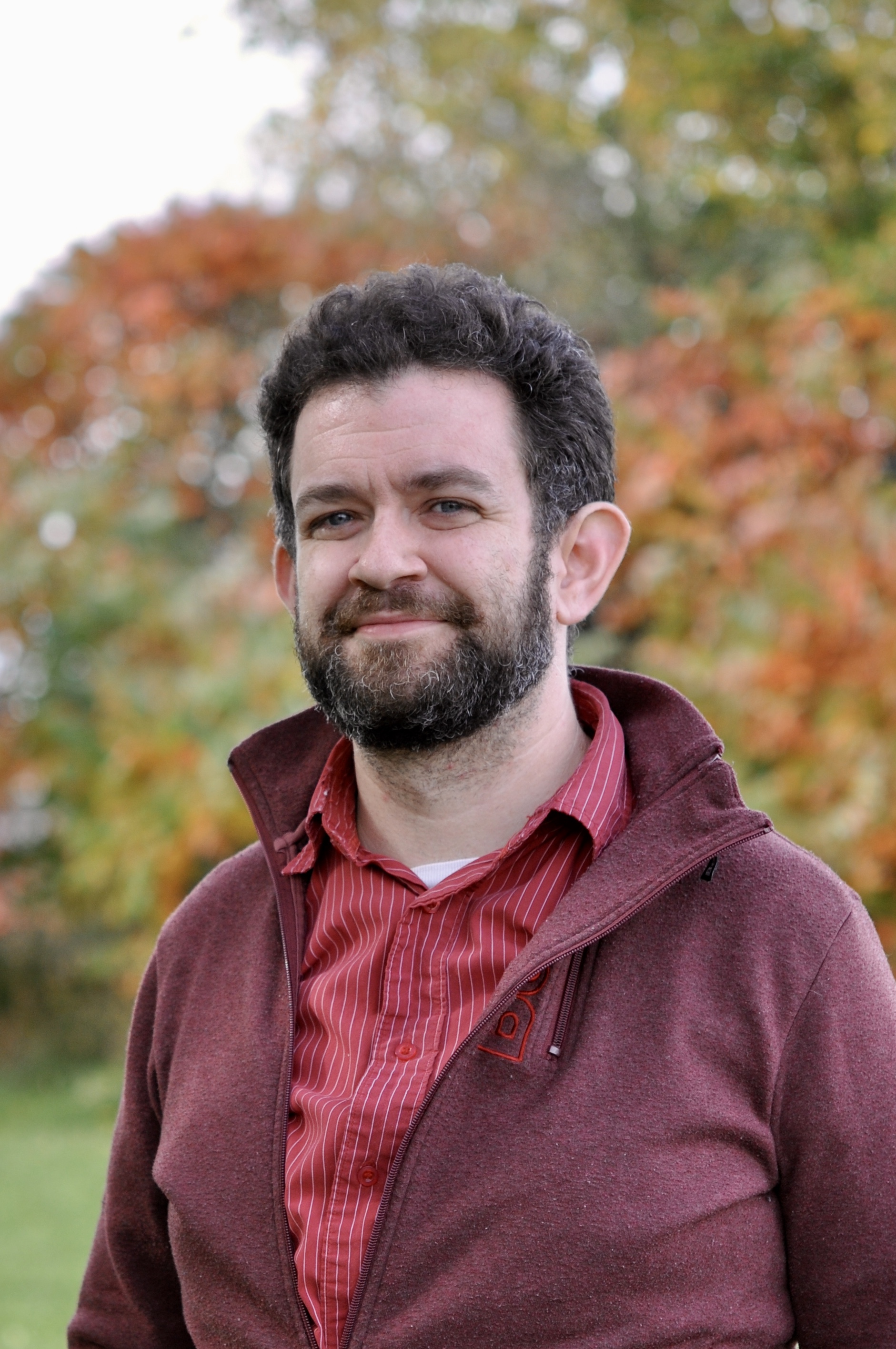 | Joel CahnAssistant Professor I have a BSc in Biochemistry from the University of Ottawa, and I completed my MSc and PhD in Anthropology at the University of Toronto. Throughout my academic career, I have also accumulated a wide range of forensic anthropology casework experience. I have assisted with searches for human remains, made in-field animal/human determinations, recovered skeletal remains from a variety of environments, constructed biological profiles, and generated forensic reports. This casework experience provides me with a wealth of examples from which to draw upon when teaching, and informs my research. |
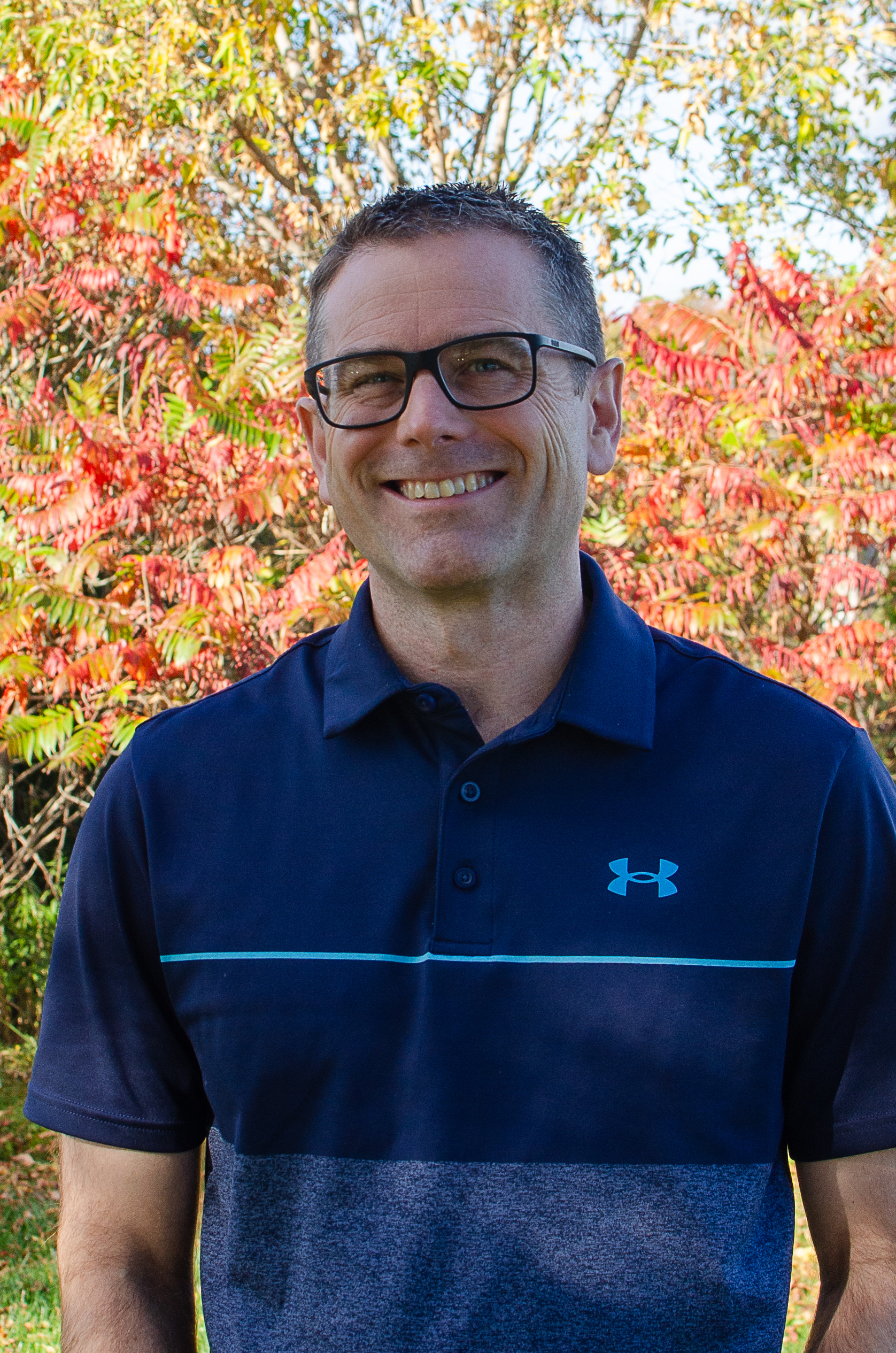 | Mike DonaldsonAssistant Professor I earned a PhD in Environmental and Life Sciences with a focus in molecular biology from Trent University. My research interests range from fungal genomics to mammalian host-pathogen dynamics using massively parallel sequencing techniques that generate large transcriptomic and genomic datasets. I have many years experience developing and instructing upper year Forensic Science undergraduate and graduate courses with a focus on forensic DNA typing and bioinformatics. |
Image
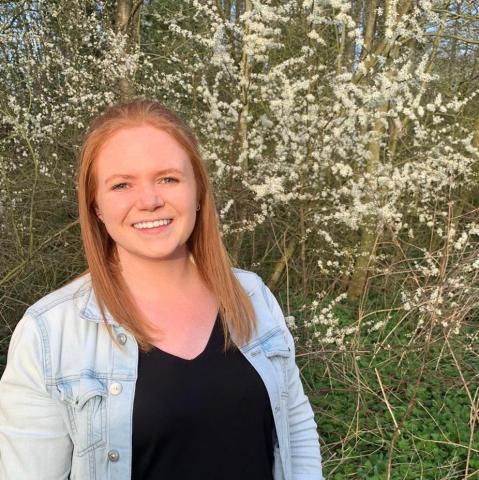
| Bailey HenwoodAssistant Professor Dr. Bailey Henwood holds a PhD in Defence and Security from Cranfield University, with expertise in small arms and light weapons (SALW) identification and intelligence investigations. Her main research focusses on exploitation of sanitised SALW and recovery of obliterated markings in conflict and criminal investigations. Bailey also serves as a Technical Advisor for the Association of Firearm and Tool Mark Examiners and works as a consultant with the United Nations, and various government and non-government organizations contributing expertise to international cooperative efforts in serial number marking and recovery practices. She has established the Small Arms Exploitation and Research (SAER) Laboratory at Trent University. |
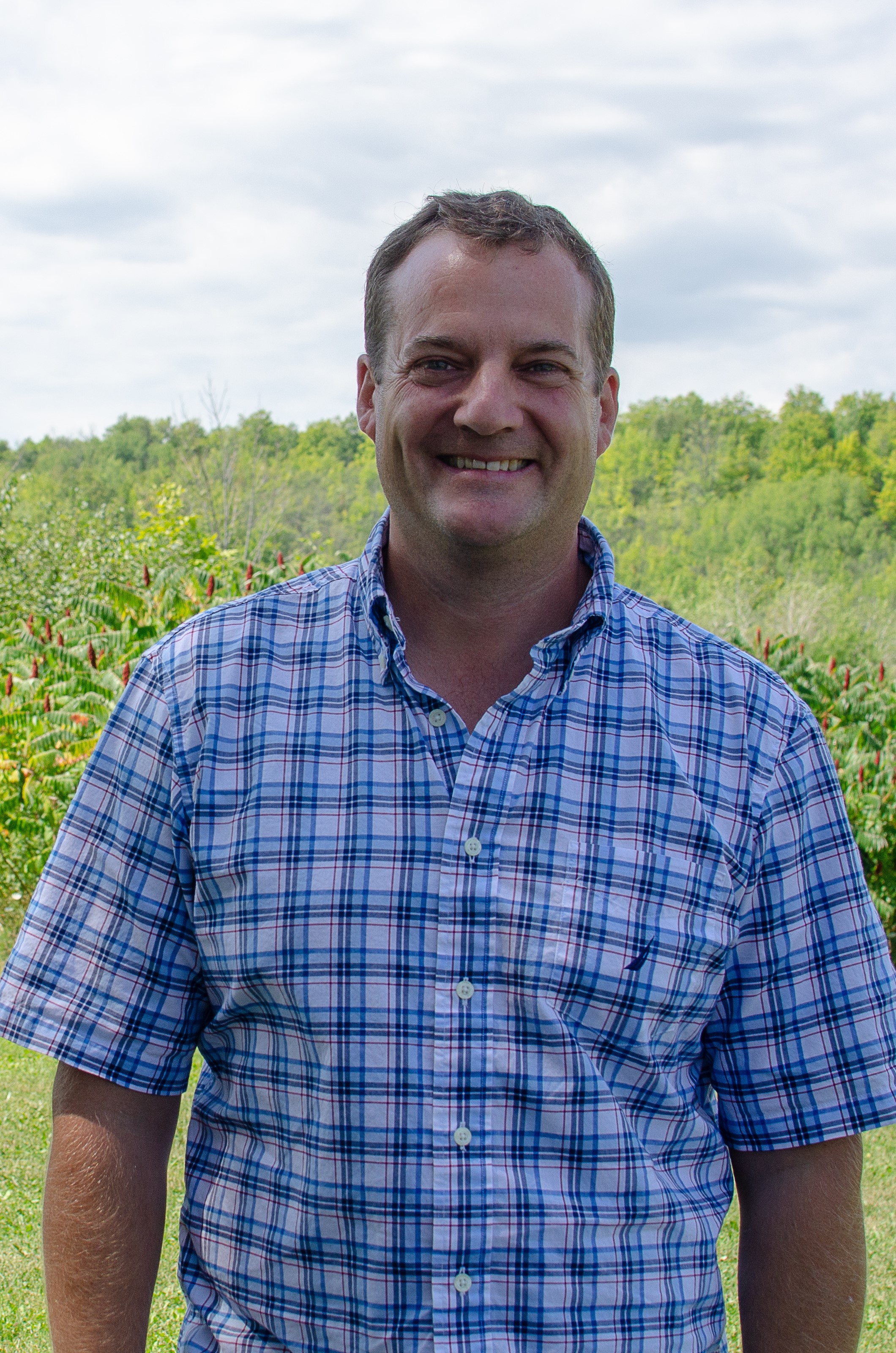 | Christopher KyleProfessor My research interests include wildlife genomics, wildlife disease, and wildlife forensics. Current research systems include: bats, badgers, black bears, Arctic fox, wolverines, wolves and muskoxen. I teach the 2nd year Foundations in Forensic Science and 3rd year Non-human DNA Forensic courses. For the MScFS specifically, I have taken on placement students to work in the Wildlife Forensics Lab at Trent and collaborations with CFS and CBSA. |
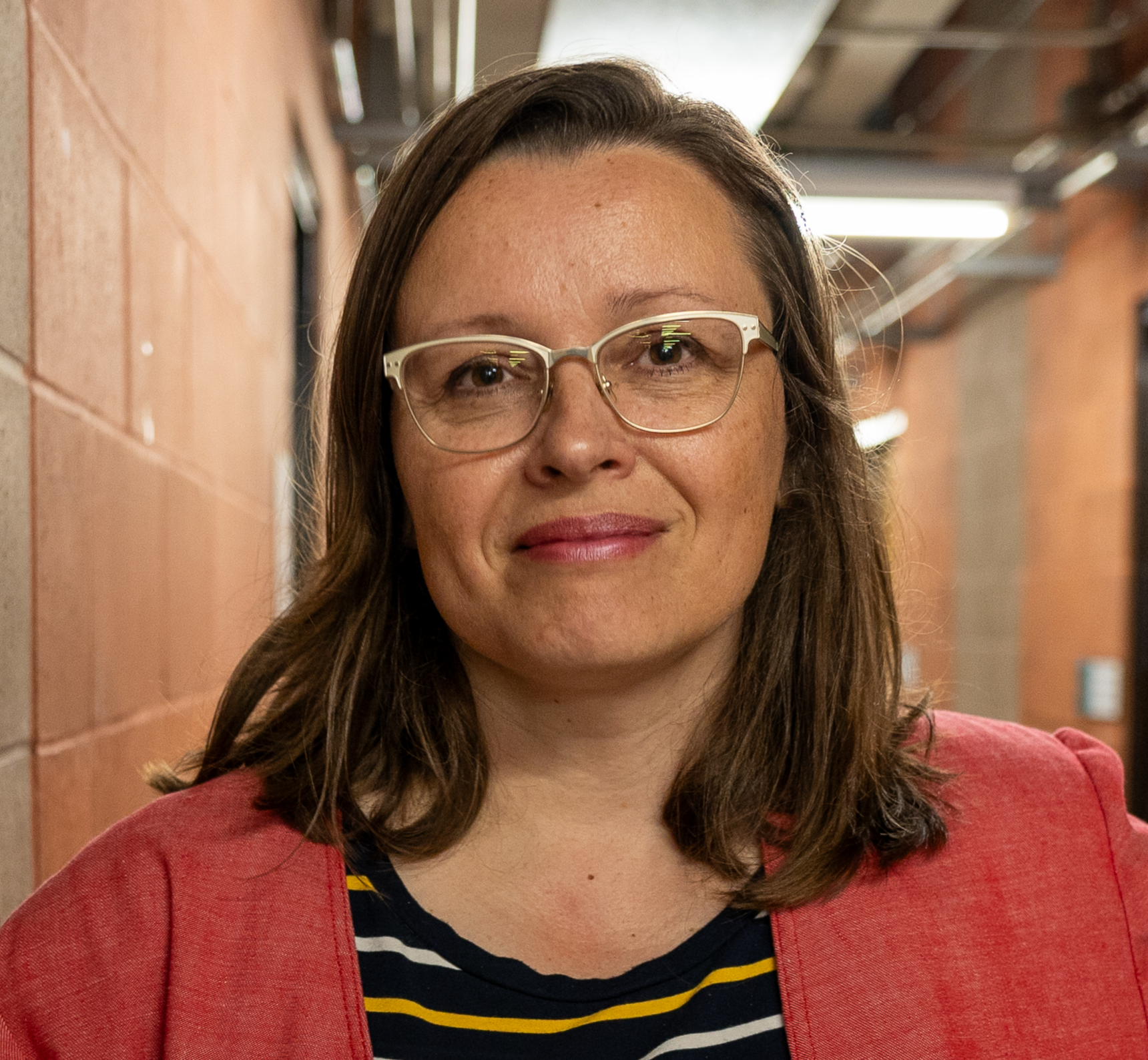 | Sanela MarticAssociate Professor Dr. Sanela Martic received M.Sc. degree in Chemistry from McMaster University (2005) under the supervision of Dr. Michael A. Brook. She then joined Queen’s University where she obtained her Ph.D. degree (2009) in Chemistry under the supervision of Dr. Suning Wang and co-supervision by Dr. Gang Wu. Dr. Martic carried out her post-doctoral work at Western University and University of Toronto Scarborough with Dr. Heinz-Bernhard Kraatz. In 2012, she joined the Department of Chemistry at Oakland University (USA) as a tenure-track Assistant Professor, and was promoted to Associate Professor in 2017. In January 2019, she joined Trent University in the Department of Forensic Science. The research in Martic lab is focused on a) the molecular identification, detection and screening using a variety of analytical and biochemical tools, b) materials synthesis, characterization and application, and c) forensic chemistry and forensic toxicology. Dr. Martic is a member of various professional societies including: CSC, ACS , ECS, ISE, CSFS, CSMB etc. Martic lab research is funded by NSERC, MITACS, CFI, NIH, ACS PRF etc. Dr. Martic also collaborates with CFS on forensically relevant projects. |
 | Arun MoorthyAssistant Professor Dr. Arun Moorthy is the principal investigator of the Computational Research Applied to Forensic Technology and Sciences (CRAFTS) Lab in the Department of Forensic Science at Trent University. His lab develops computer tools supporting forensic analyses, including mathematical models, algorithms, user software and databases. |
Image
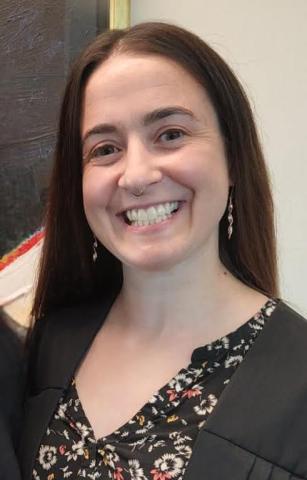
| Amy ScottAssociate Professor (cross-appointed with Anthropology) Dr. Scott is a bioarchaeologist and forensic anthropologist cross-appointed between the Departments of Anthropology and Forensic Science. Her main research interests include health and disease in the past; forensic skeletal recovery methods and techniques; ethical standards in human skeletal excavation and research; the processes of death and dying; and 18th century Atlantic Canada. Dr. Scott is the Director of the Trent Bioarchaeological Field School in Cape Breton, NS in partnership with Parks Canada and runs the Trent FAB (Forensic Anthropology & Bioarchaeology) Lab. Dr. Scott is also a forensic anthropology consultant for different law enforcement agencies and government bodies in Canada. |
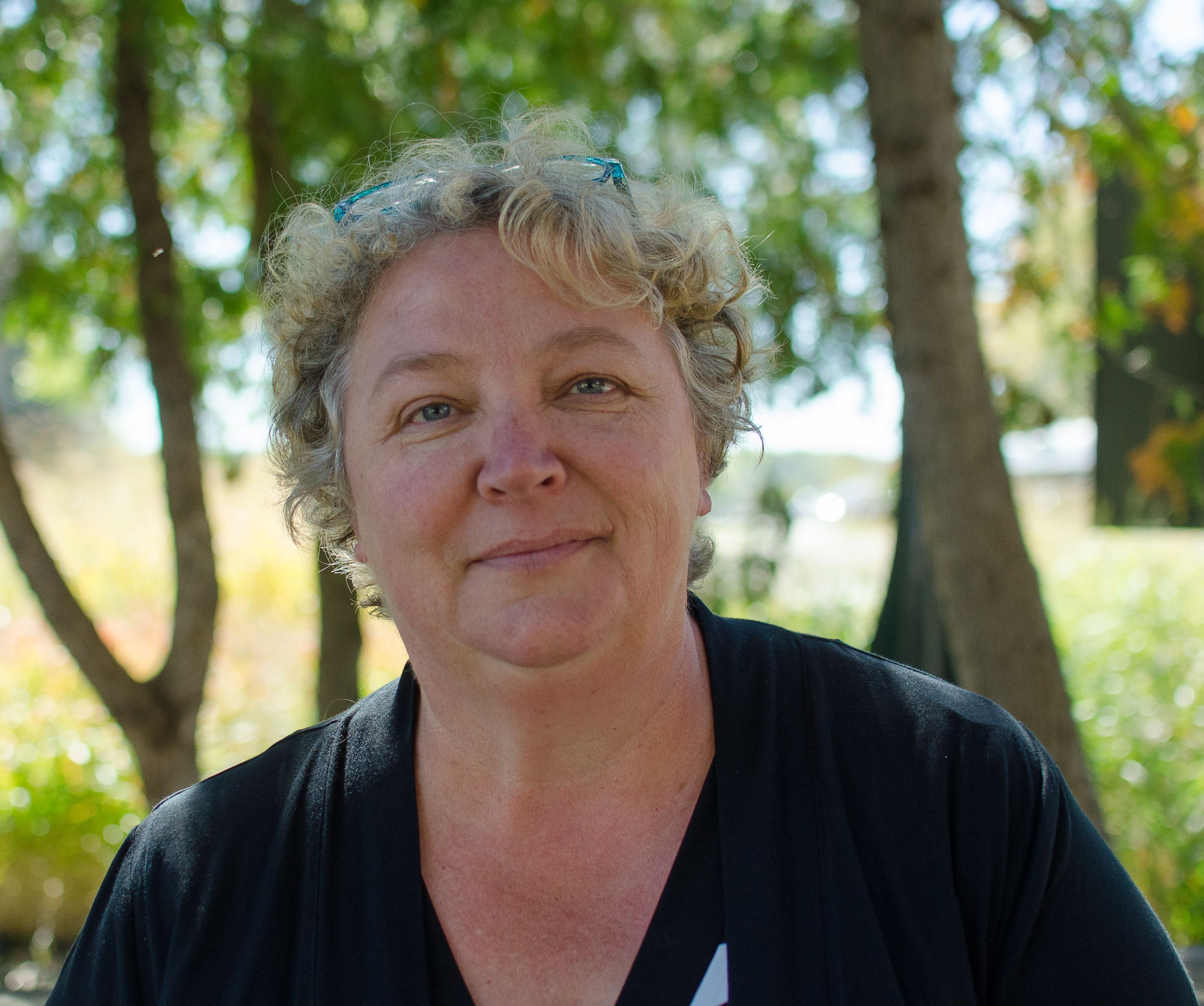 | Rhonda L SmithAssociate Professor Professor Smith has Bachelor of Commerce (Hons.) Degree and a Juris Doctor in Law from Queen’s University, as well as a Master of Laws from Osgoode Hall Law School. In her early legal career she practiced criminal law as both Crown and Defence Counsel, as well as labour, employment, and family law. She has worked in both the private and public sectors in various roles throughout her professional life before coming to Trent University. She is a former member of the Law Society of Ontario, ADR Institutes of Ontario and Canada, and a present member of the Academy of Criminal Justice Sciences. Professor Smith research interests include looking at alternate ways to present scientific expert evidence in criminal courts, the presentation of statistical evidence in criminal courts, and experiential pedagogy. Her courses include Introduction to Canadian Justice, Criminal Code and Presentation of Expert Evidence. |

